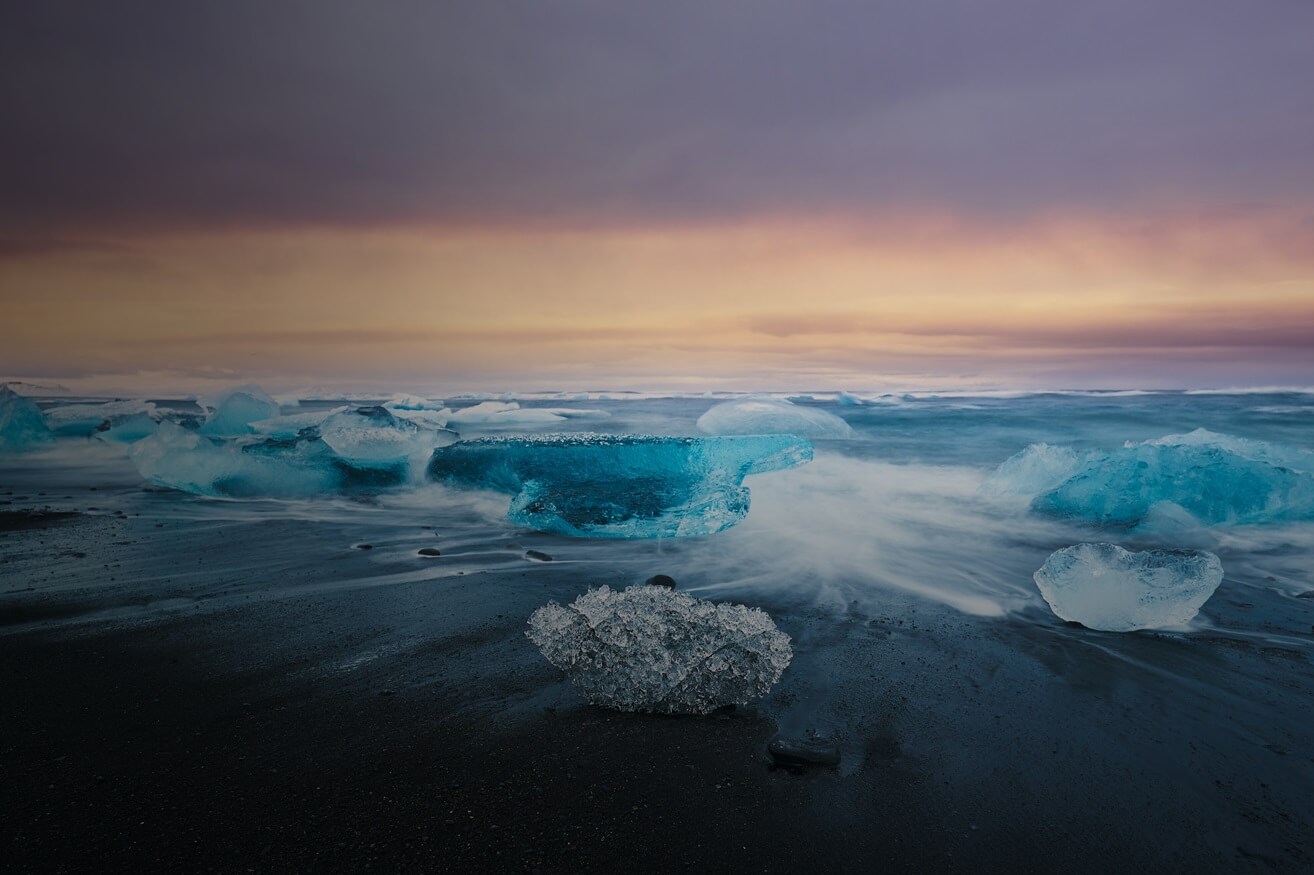
Now Accepting Nominations!
Submit a Nomination
Career Stage
Experienced
Award Type
Section Award
Of Note
Presented biennially in odd-numbered years;
Peer nomination required
Peer nomination required
Submission Window
3 January - 27 March
Recognizing Outstanding Leadership or Service to the Ocean Sciences
The Ocean Sciences Award is presented biennially in odd-numbered years and recognizes outstanding leadership or service to the ocean sciences by a senior scientist. Established in 1982, this award is presented at the Ocean Sciences section luncheon during the AGU Fall Meeting.
Honor Benefits
Recipients receive the following:
- Award certificate
- Recognition in Eos
- Recognition at AGU's annual meeting the year the honor is presented
- Registration to AGU's annual meeting the year the honor is presented
- Ticket to the Ocean Sciences section luncheon at the AGU Fall Meeting during the award presentation year
About the Ocean Sciences Section
The Ocean Sciences Section engages members primarily affiliated with biological oceanography, marine geochemistry, marine geology and geophysics, physical oceanography, and ocean sciences.
Eligibility
Nominee
The nominee must be:
- an active AGU member
- primarily or secondarily affiliated with the Ocean Sciences section or a related sub-section
- an experienced senior scientist who is an established leader in their field.
Nominators
Nominators are not required to hold an active AGU membership.
All Parties
Must be in compliance with AGU's conflict of interest and professional conduct policies.
Read AGU's Ethics Policies 
